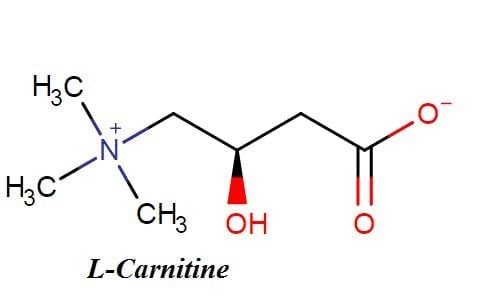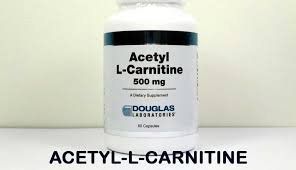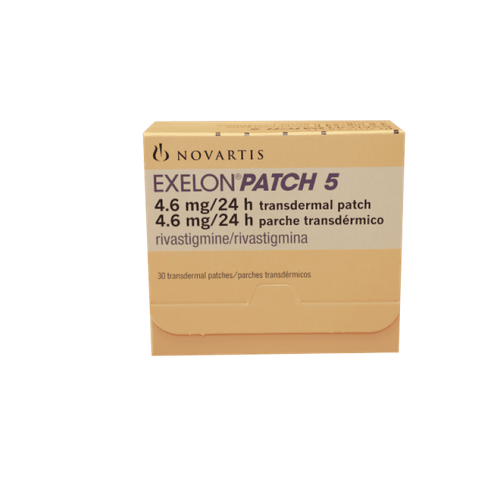This is an automatically translated article.
L-carnitine is a naturally occurring amino acid derivative commonly used as a supplement. L-carnitine is used for weight loss and may have an impact on brain function. However, the popular claims about this supplement are not always consistent and scientific. This article looks at the potential risks and benefits of L-carnitine supplementation and explains how this nutrient works.
1. What is L-Carnitine?
L-carnitine is a nutritional supplement. This supplement plays an important role in energy production by transporting fatty acids into the mitochondria of cells. Mitochondria act as engines in cells that help burn fats for usable energy. The body is capable of producing L-carnitine from the amino acids lysine and methionine.
In order for the body to produce sufficient amounts of L-carnitine, the user needs to absorb enough vitamin C. In addition to L-carnitine produced in the body, humans can also obtain small amounts by eating animal products such as meat or fish. Vegetarians or people with certain genetic problems may not be able to produce or obtain enough of this compound.

L- Carnitine có tác dụng làm tan mỡ, chống tích tụ mỡ thừa
2. L-Carnitine Types and Functions
D-Carnitine: This inactive form of carnitine can cause a deficiency of carnitine in the body by inhibiting the absorption of other, more useful forms Acetyl-L-Carnitine: Commonly known as ALCAR, this may be the most effective type of compound to support brain function. Studies suggest that ALCAR may benefit people with the neurodegenerative disease Propionyl-L-carnitine: This is best suited to assist with circulatory problems, such as peripheral vascular disease and High Blood Pressure . Propionyl-L-carnitine may help increase nitric oxide production, which improves blood flow L-carnitine L-tartrate: Often added to sports supplements because of its fast absorption rate, can also aid muscle soreness and post-workout recovery For most users, acetyl-L-carnitine and L-carnitine appear to be the most effective to use. However, customers should choose the type of supplement that best suits their individual needs and goals.
The main role of L-carnitine in the body is related to mitochondrial function and energy production. In cells, L-carnitine helps transport fatty acids into the mitochondria, where they can be burned for energy. Approximately 98% of L-carnitine reserves are contained in muscle, along with trace amounts in the liver and blood. L-carnitine can help increase mitochondrial function, which plays a key role in ameliorating disease and aging.

Bệnh nhân huyết áp cao nên bổ sung L- Carnitine
3. Does L-carnitine help with weight loss?
In theory, using L-carnitine as a weight loss supplement. L-carnitine helps move fatty acids into cells to be burned for energy. However, the human body is incredibly complex, and the results of both human and animal studies have been mixed.
In an eight-week study in 38 women who exercised four times per week, there was no difference in weight loss between those taking L-carnitine and those not taking it. Furthermore, five of the participants taking L-carnitine experienced nausea or diarrhea. Another study monitored the effects of L-carnitine on fat burning during a 90-minute stationary cycling workout. Four weeks of taking L-carnitine supplements did not increase fat burning. However, an analysis of nine studies - mostly in obese or older adults - showed an average loss of 2.9 pounds (1.3 kg) with L-carnitine. So, more research is needed to confirm the benefits of L-carnitine.
4. Affects brain function
L-carnitine may benefit brain function. Some animal studies suggest that the acetyl form, acetyl-L-carnitine (ALCAR), may help prevent age-related mental decline and improve markers of learning.
Human studies show that taking acetyl-L-carnitine daily reverses the decline in brain function associated with Alzheimer's disease and other brain diseases. At the same time, acetyl-L-carnitine had similar benefits for general brain function in older adults without Alzheimer's disease or other brain conditions. In specific cases, acetyl-L-carnitine may even protect the brain from cell damage. In a 90-day study, alcoholics who were given 2 grams of acetyl-L-carnitine per day experienced significant improvements in brain function.

L-Carnitine giúp thúc đẩy chức năng não, ngăn ngừa các bệnh về não
5. Some other benefits
Several studies have shown that L-carnitine can reduce blood pressure and inflammation associated with heart disease. In one study, taking 2 grams of acetyl-L-carnitine per day resulted in a nearly 10-point decrease in systolic blood pressure. L-carnitine has also been associated with improvement in patients with serious cardiovascular disorders, such as coronary heart disease and chronic heart failure. A 12-month study observed reduced rates of heart failure and death in participants taking L-carnitine supplements. Accelerate post-workout muscle recovery Provide oxygen to muscles Increase endurance: May increase blood flow and nitric oxide production, which helps delay and reduce fatigue Reduce muscle soreness after exercise Exercise Production of red blood cells that help transport oxygen around the body efficiently L-carnitine may also reduce symptoms of type 2 diabetes and related factors. One study in people with type 2 diabetes taking anti-diabetic medication showed that carnitine supplementation significantly reduced blood sugar, compared with a placebo. At the same time, L-carnitine may also help the body fight diabetes by increasing an important enzyme called AMPK, which improves the body's ability to use carbs.
6. Notes for use
For most people, taking a supplement of 2 grams of L-carnitine or less per day is relatively safe and has no serious side effects. In one study, people who took 3 grams per day for 21 days had no negative effects.
Additionally, a safety review of L-carnitine found that doses of about 2 grams per day appear to be safe for long-term use. However, there are some mild side effects, including nausea and upset stomach. Notably, L-carnitine supplementation can increase blood levels of trimethylamine-N-oxide (TMAO) over time. High TMAO levels are associated with an increased risk of atherosclerosis.

Buồn nôn là một tác dụng phụ của L- carnitine mà bạn cần lưu ý
7. Food sources of L-carnitine
The best food sources of L-carnitine include:
Beef: 81 mg per 3 ounces (85 grams) Pork: 24 mg per 3 ounces (85 grams) Fish: 5 mg per 3 ounces (85 grams) ) Chicken: 3 mg per 3 ounces (85 grams) Milk: 8 mg per 8 ounces (227 ml) Food sources of L-carnitine have a greater absorption rate than supplements.
According to one study, 57% to 84% of L-carnitine can be absorbed into the body when consumed from food, compared to only 14% to 18% when taken as a supplement.
As noted earlier, the body can also produce this compound naturally from the amino acids methionine and lysine. For these reasons, L-carnitine supplementation is only necessary in special circumstances, such as treating a medical condition.

L- carnitine có thể được tìm thấy trong thịt bò
8. L-Carnitine Supplements and Dosage
Levels of L-carnitine can be affected by the amount of food consumed and the amount in the body.
For this reason, available levels of L-carnitine are often lower in vegetarians, as they limit or avoid products of animal origin. Therefore, vegetarians and vegans may consider supplementing with L-carnitine. However, there are no studies that confirm the benefits of carnitine supplementation in this group of people.
Older adults can also benefit from L-carnitine supplementation. Research shows that L-carnitine levels tend to decrease as people age. In one study, supplementing with 2 grams of L-carnitine per day reduced fatigue and increased muscle function in older adults. Another study revealed that acetyl-L-carnitine may also help promote brain health and function in the elderly. Additionally, the risk of L-carnitine deficiency is higher for people with conditions such as fibrosis liver and kidney disease.
The standard dose of L-carnitine is between 500 and 2,000 mg per day. Although dosages vary from study to study, here is an overview of the safe uses and dosages for each type of L-carnitine:
Acetyl-L-carnitine: 600 to 1,500mg per day L -Carnitine L-tartrate: 1,000 to 4,000 mg daily Propionyl-L-carnitine: 400 to 1,000 mg daily.
Please dial HOTLINE for more information or register for an appointment HERE. Download MyVinmec app to make appointments faster and to manage your bookings easily.
Reference article: Healthline.com













